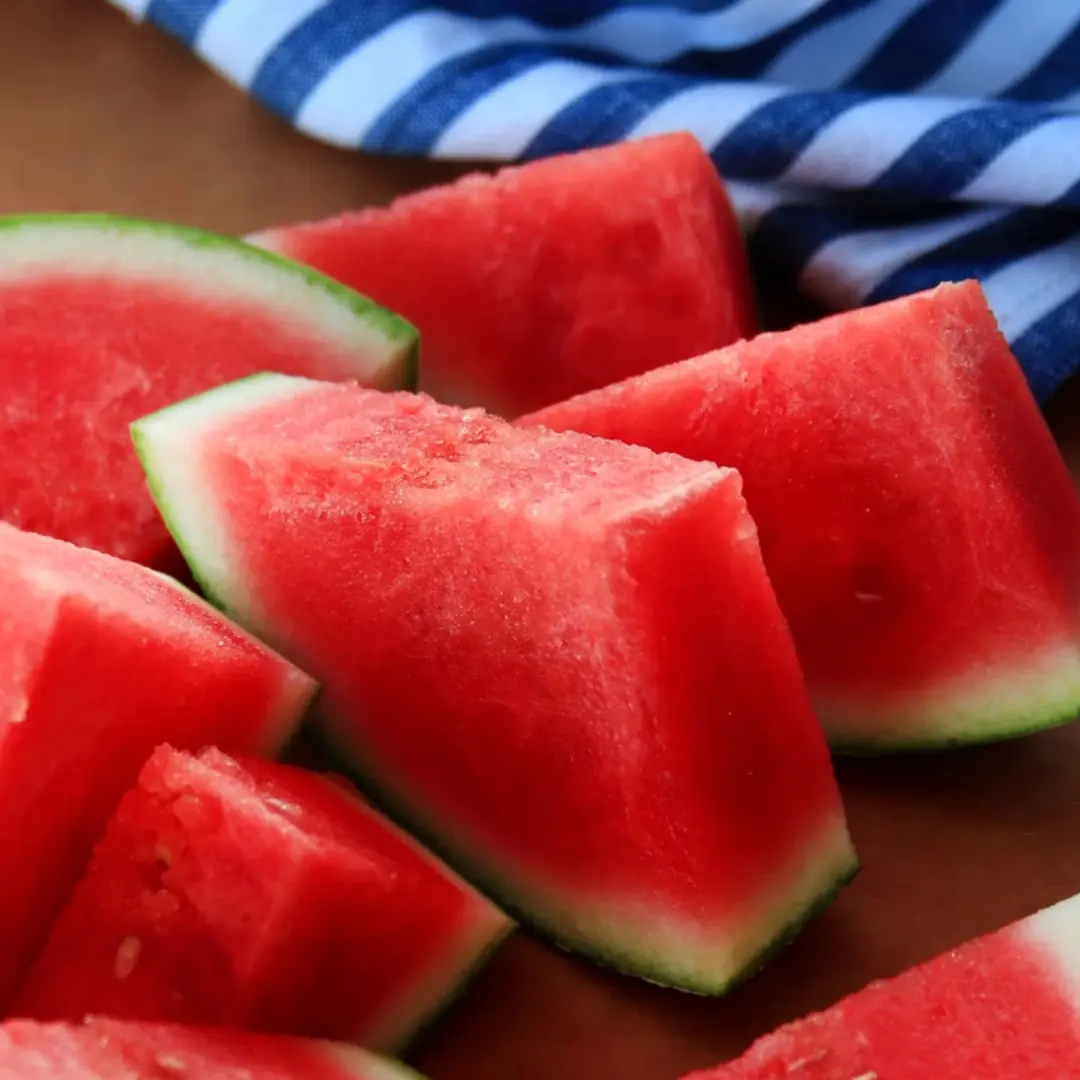
This type of fish costs only 1/5 of salmon but is richer in protein, making it one of the healthiest foods!

When it comes to protein-rich foods, salmon is almost always at the top of the list, thanks to its reputation as a superfood that is great for heart health, brain function, and skin. However, it’s not just salmon that is packed with nutrients. Carp is also a potential candidate for daily meals with nutritional value that is just as impressive, and at a price that is "pocket-friendly," costing only about 1/5 the price of salmon.
Higher Protein Content than Salmon and Easier to Absorb
According to the nutritional database of the United States Department of Agriculture (USDA), 100g of carp contains up to 22.9g of protein. The nutritional value of carp is comparable to or even exceeds some expensive seafood like salmon (22g) and tuna (21 - 23g).
Notably, research published in the Journal of Food Composition and Analysis shows that the protein in carp has a well-balanced ratio of essential amino acids, making it easier to absorb compared to red meat or some types of fish. This makes carp highly nutritious for children, the elderly, or sick people in recovery—groups that need high-quality protein without putting pressure on the digestive system.
Valuable Minerals, More Than Many Imported Fish
Carp is not only rich in protein but also a treasure trove of essential minerals. Specifically, 100g of carp contains:
-
531mg of phosphorus, an important mineral for bones and teeth.
-
427mg of potassium, which helps stabilize blood pressure and supports heart health.
It also contains trace elements like calcium, magnesium, iron, zinc, copper, and selenium, which enhance immunity, improve metabolism, and beautify the skin from within. In addition, carp is rich in vitamins A, B6, B12, and C, which support vision, the nervous system, and promote blood formation.
A study by the Warsaw Medical University (Poland) published in Nutrition Research found that eating carp 2-3 times a week significantly improves lipid profiles, reduces bad cholesterol (LDL), increases good cholesterol (HDL), and reduces the risk of cardiovascular diseases.
In Traditional Chinese Medicine, carp is also considered a valuable medicinal food. Carp has a neutral nature and sweet taste, helping to tonify the kidneys, promote urination, reduce inflammation, and is particularly good for pregnant women, those recovering from illness, or people with frequent headaches or digestive issues. Pregnant women have traditionally been advised to eat carp porridge to maintain pregnancy, reduce swelling, and boost health for both the mother and the baby.
Unlike salmon, which is often cooked in Western styles or grilled, carp is incredibly familiar in traditional Vietnamese cooking. A single carp can be used in many different dishes such as sour carp soup, beer-steamed carp, carp porridge, fried carp, braised carp, or carp with pickled mustard greens.
Tips for Choosing Fresh and Delicious Carp
With prices ranging from 60,000 to 90,000 VND per kg, carp is an extremely economical choice for maintaining health without worrying about "burning a hole in your wallet." When selecting carp, consider the following tips to ensure you buy fresh and tasty fish:
-
Choose fresh fish: Fresh fish has clear eyes, a healthy swimming body, shiny scales, and no peeling.
-
Avoid choosing oversized fish: Carp weighing 1 - 1.5kg typically have firmer, less fishy flesh than larger fish.
-
Check the belly of the fish: A slightly soft belly without bulging is a sign that the fish is still fresh and not spoiled.
News in the same category

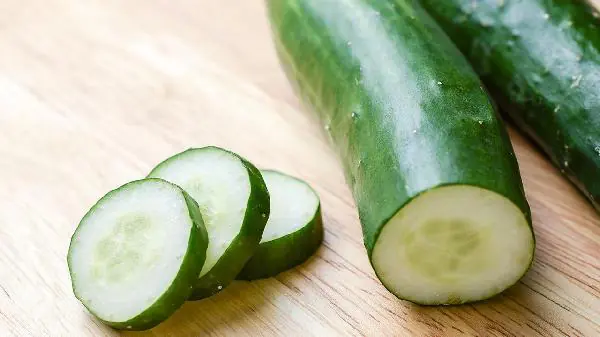
People who regularly eat cucumbers can soon experience 3 changes

Put orange peel in the refrigerator, you will be surprised with its "golden 10" uses

Don’t Just Add Water to Rice—Add This for Softer, Tastier Rice That Lasts Longer Without Spoiling

Throwing away coffee grounds is like throwing away money. Uses of coffee grounds that every home needs

Quit Nail Biting: A Gentle But Effective Solution
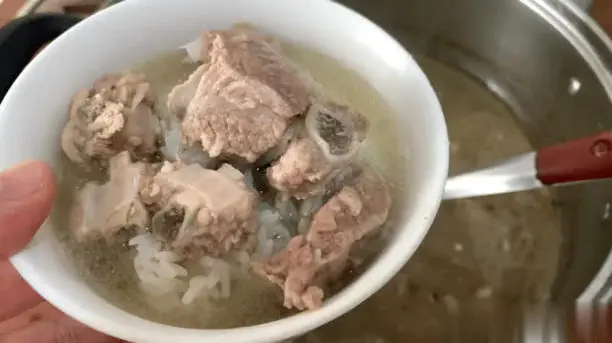
Blanch Bones First or Simmer Directly?

4 Healing Drinks to Prevent and Dissolve Kidney Stones

Top vegetable to help reduce visceral fat extremely effectively, nutritionist reveals 4 more easy ways to lose weight

3 Common Yet Har.mful Ways People Store Bean Sprouts — Convenient but Nutrient-Depleting and Risky to Health

2 Hidden Spots in Your Washing Machine That Make Clothes Dirtier

Summer, how to choose the right naturally sweet ripe watermelon: No need to type, just look at one spot and you'll know right away

2 "hidden corners" of the washing machine that make clothes dirtier the more you wash them, 90% of people don't know

These 5 plants are the "nemesis" of formaldehyde: Swallow fine dust, purify air very well

8 habits to keep your kidneys healthy
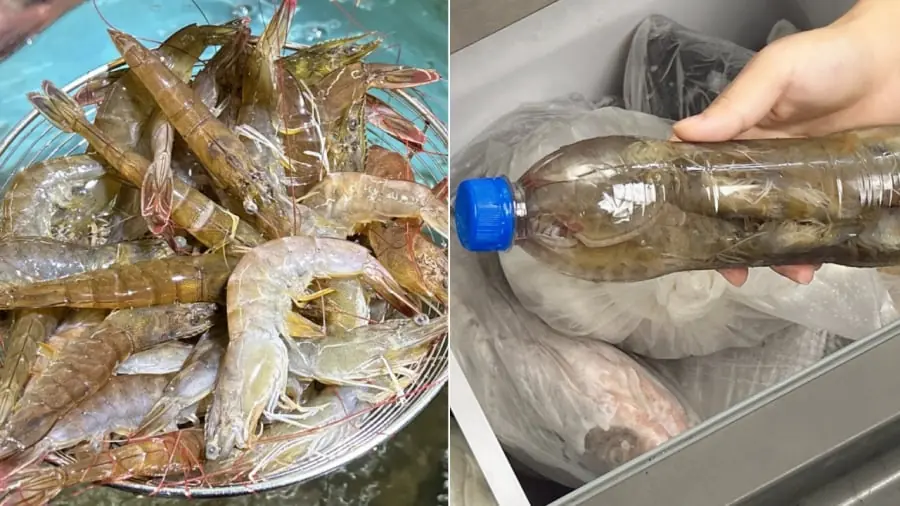
3 Smart Tips to Keep Shrimp Fresh for a Year—Still Firm, Sweet, and Delicious

4 taboos when defrosting food, know and avoid "inviting disaster"

How harmful is cooking oil for pets when used in food processing?

Is bee sting da.ng.erous and what is first aid?
News Post

Which Causes a Cold More Easily: Fan or Air Conditioner?

Don’t Install Ceiling Fans in These 4 Areas of Your Home
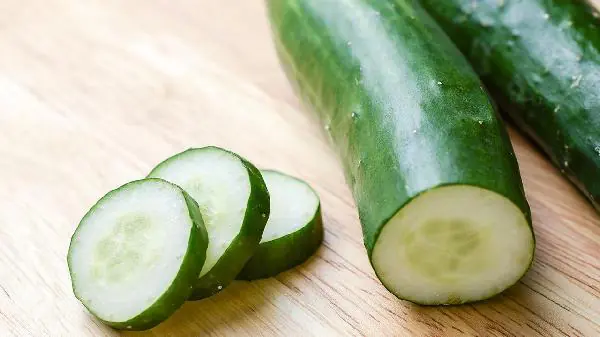
People Who Regularly Eat Cucumbers May Experience 3 Remarkable Changes Over Time

Don’t Miss These 9 Key Signs of Depression — Early Awareness Can Save Lives

Put 3 balls in the washing machine, a tip to help clothes dry faster but very few people know

Doctor reveals the "golden key" to healthy blood: Very easy to do but few people pay attention

5 cheap household items that can bring can,cer to the whole family

Eating a handful of this vegetable is as precious as "poor man's ginseng", it grows all over the fences in the countryside but few people know about it

People who regularly eat cucumbers can soon experience 3 changes
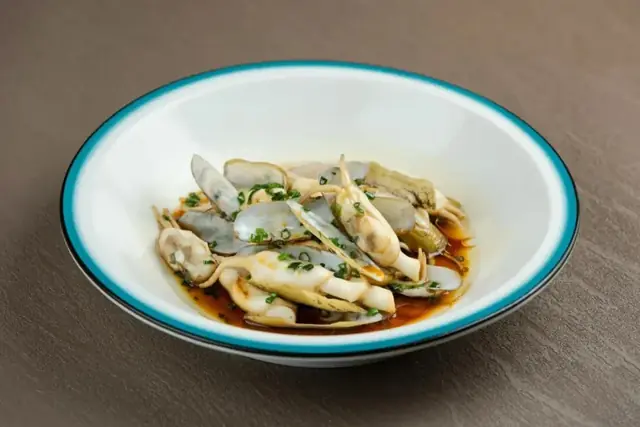
This delicious dish "has more iron than pig liver", a must-have this summer, you will love it!

Silent Signs of Kid.ney Can.cer That Are Easy to Overlook

Too Lazy to Drink Water? These 7 Health Problems Might Catch Up with You

Put orange peel in the refrigerator, you will be surprised with its "golden 10" uses

Golden hours to know to drink coffee to maximize health benefits

Silent signs of kidney can.cer are easily overlooked
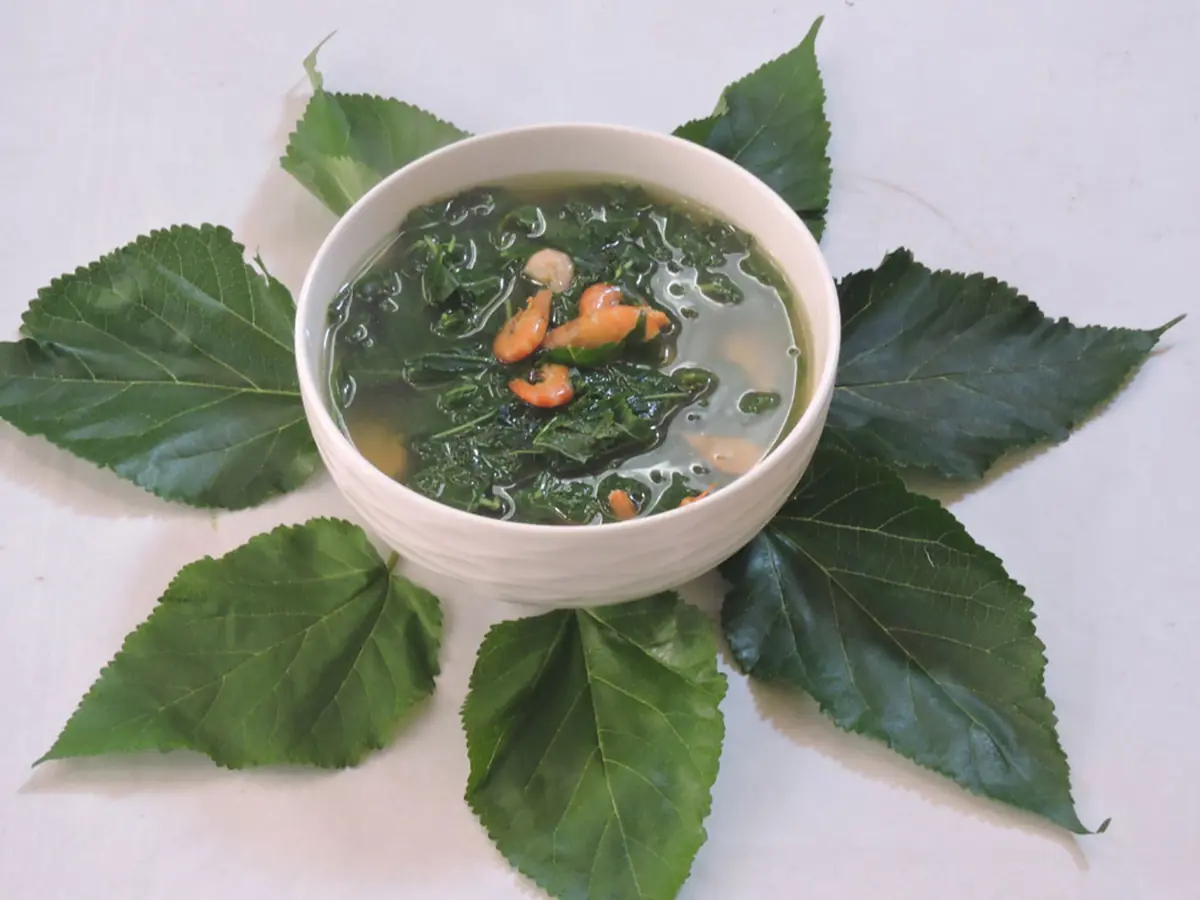
Eating a Handful of This Leafy Green Is as Valuable as “Ginseng for the Poor”
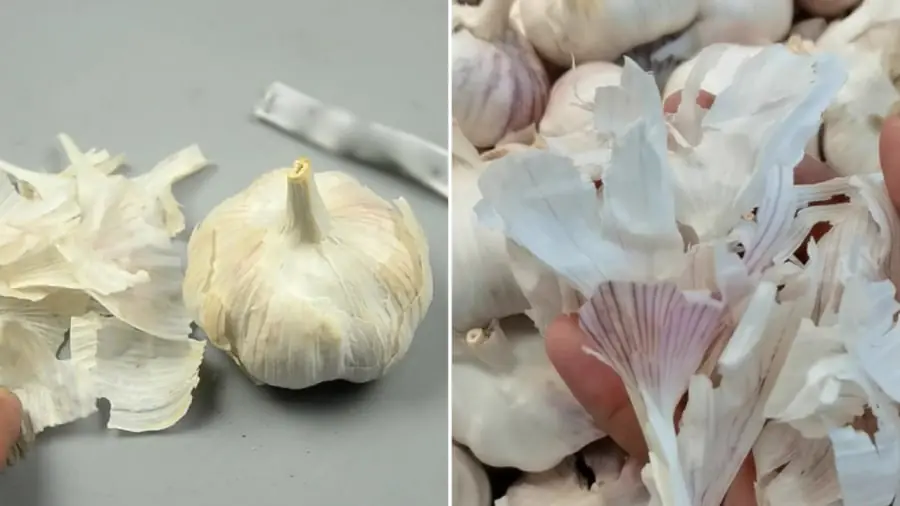
Garlic Skins Have 4 Surprising Benefits

Don’t Just Add Water to Rice—Add This for Softer, Tastier Rice That Lasts Longer Without Spoiling
